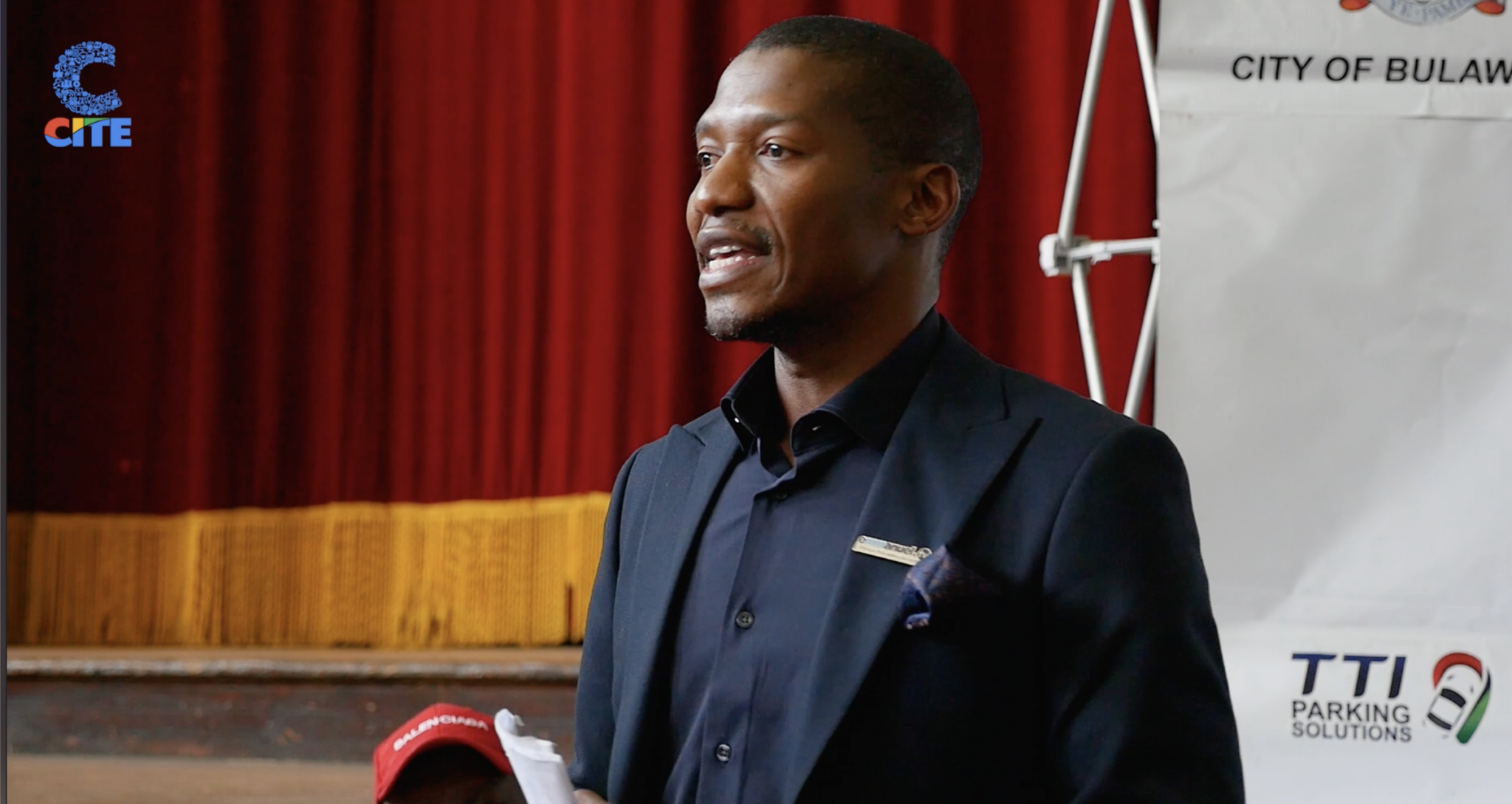Tendy Three Investment (TTI), the company managing the Bulawayo City Council (BCC)’s smart vehicle parking system is set to introduce new packages which will see motorists having the option to buy paying parking monthly fees.
This is part of the efforts to lessen challenges faced by motorists who have been complaining of their vehicles being clamped.
The clamping fee is US$20 while the parking fee for an hour is US$1 or the equivalent in other currencies.
Speaking during ‘The Breakfast Club’ CITE’s current affairs daily program, TTI Public Relations Officer, Mellisa Mabeza said the packages will reduce the number of complaints from both motorists and parking marshals.
“As of now we are working on tenant’s packages, buildings that are in Town have people working there, they can come and we do packages for them, even for individuals, for them to avoid being in contact with our marshals and also to avoid theft that is done by our marshals outside,” said Mabeza.
“We have our headquarters offices on the second floor of Fidelity Life Centre and we can arrange a meeting then we do packages for our motorists.”
TTI Chairperson Lizwe Mabuza added that some big corporations are already buying the packages.
“We heard people’s concerns hence we have introduced the packages, big corporates have already started buying them, and packages will come at a discount, we will come with an official communication, launch it officially within 2-3 weeks we will have a big launch so that people can have a catalogue of what to buy from,” said Mabuza.
He said the parking packages will come with a discount.
“There will be a one-month package, two weeks package, one week package, those packages come with a discount, without preempting, one month package you can gain up to 30 percent or above discount,” he said.
“The two weeks package will also give you a certain level of discount but the 1month package shows us that someone can go up to 35 percent discount on what they are paying and we are willing to say let those be available and alleviate the situation of change and confrontations with marshals.”
Mabuza said motorists won’t have to display tickets when they have packages, “it’s now the marshals’ responsibility to print out the receipt whether you are there or not and they display the ticket for you.”

